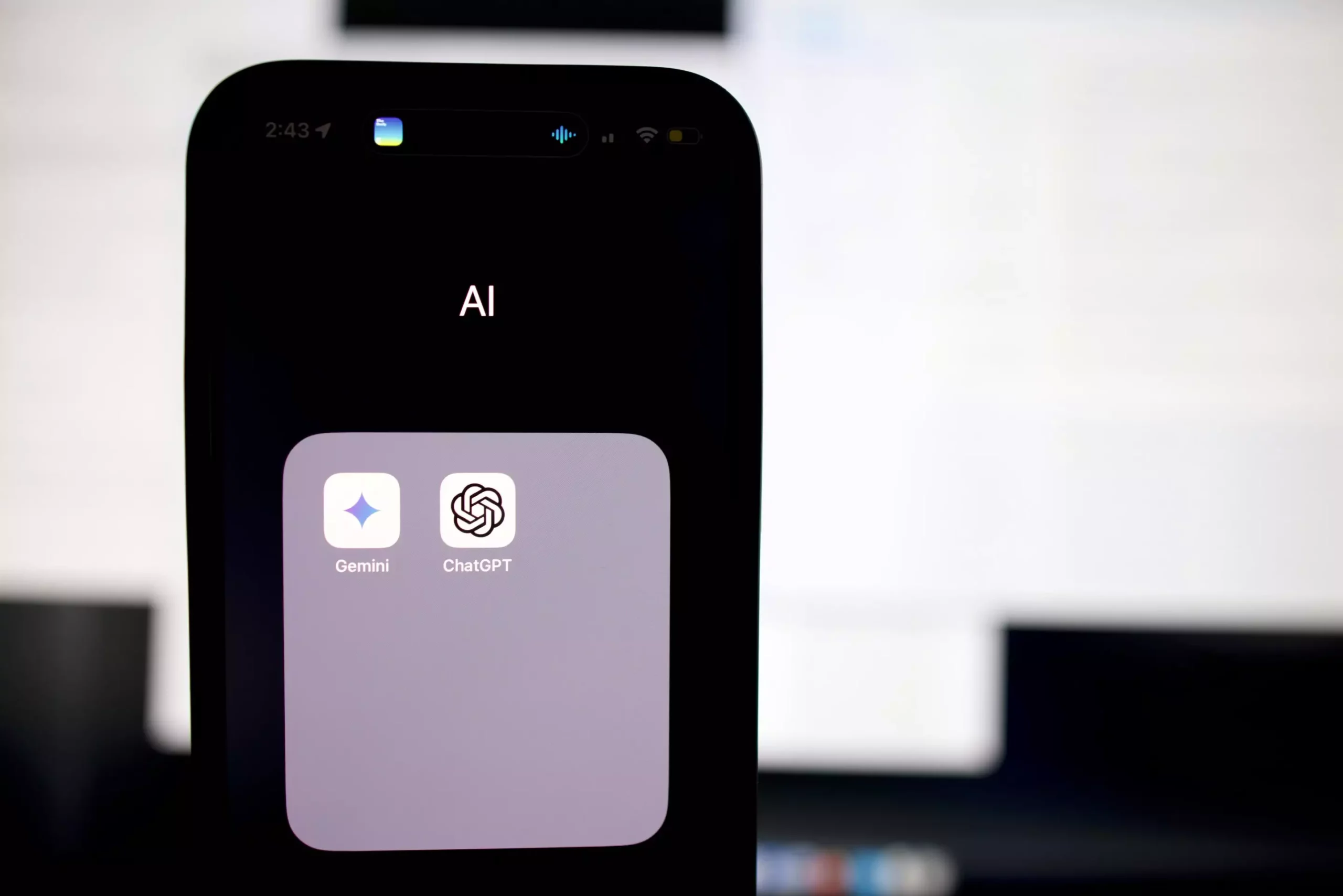The Australian government’s recent release of voluntary artificial intelligence (AI) safety standards and proposals for greater regulation have raised questions about the need for blind trust in this fast-growing technology. Despite calls for increased use of AI to build trust, the reality is that AI systems are often trained on vast data sets using complex mathematics that the average person cannot comprehend. This results in outputs that are difficult to verify and are prone to errors and biases. Public distrust of AI is justified, especially when considering the potential dangers it presents, from job losses to biases in recruitment and legal systems. Rather than blindly encouraging more people to use AI, there should be a focus on educating individuals on when it is appropriate to use AI and when other tools may be more suitable.
The Risks of Private Data Leakage
One of the major risks associated with the widespread use of AI is the leaking of private data. Companies collecting data for AI models often do not process this data onshore, raising concerns about transparency, privacy, and security. The recent announcement of the Trust Exchange program by the government has only heightened fears about the collection of even more data about Australian citizens. The potential for mass surveillance and the influence of technology on politics and behavior should not be underestimated. Blindly trusting AI without adequate education can lead to a systemic issue of automated surveillance and control, undermining social trust and cohesion. It is essential to regulate the use of AI to protect the privacy and security of Australians, rather than forcing its use under the guise of building trust.
The Importance of AI Regulation
While AI regulation is crucial, the focus should not be on promoting its use but on ensuring that it is used responsibly. The International Organization for Standardization has established standards for the use and management of AI systems, which could lead to more reasoned and regulated AI implementation in Australia. The government’s proposed Voluntary AI Safety standard is a step in the right direction, but the emphasis should be on protecting Australians from the potential risks of AI, rather than mandating its use.
Blindly trusting artificial intelligence in Australia poses significant risks to individual privacy, security, and social cohesion. The push for greater regulation of AI is necessary to address these concerns and ensure that AI is used in a responsible and ethical manner. Educating the public on the appropriate use of AI and promoting transparency in data collection and processing are essential steps towards building trust in this technology. Instead of blindly embracing AI, Australians should approach its use with caution and a critical eye towards its potential impacts on society.


Leave a Reply